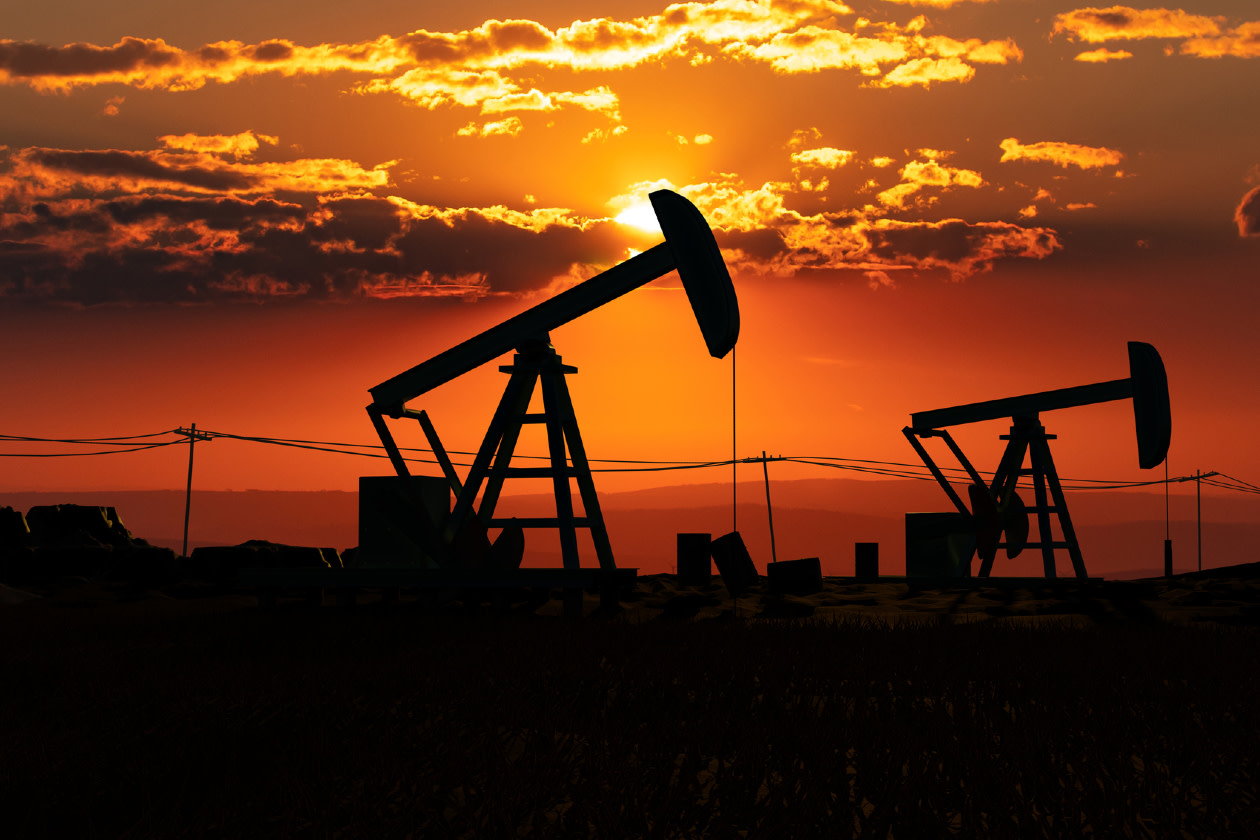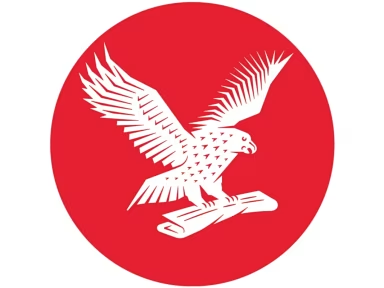Oil prices surged to a five-month high and Asian share markets tumbled as global trading resumed for the first time since the US joined Israel in striking Iranian nuclear facilities, jolting investors and raising fears of wider regional instability.
Investors were waiting to see how Iran would respond after Tehran vowed that the American attack would have “everlasting consequences” and declared that it was keeping all options open.
The attack targeted three Iranian nuclear facilities early on Sunday morning.
Global crude oil benchmark Brent jumped 2 per cent after rallying as much as 5.7 per cent when the market opened on Monday. The price reached $81.40 per barrel, the highest in five months, before giving up some of the gains.
Asian markets reacted cautiously. There was no widespread panic in financial markets as analysts expressed concern about further escalation, which could fuel inflation and affect central bank decisions on interest rates.
Japan’s benchmark Nikkei 225 plunged 0.56 per cent, South Korea’s stock index Kospi lost 1.05 per cent and Taiwan’s Taiex fell 1.5 per cent.
These countries rely heavily on oil imported through the Strait of Hormuz, a key oil trade route which Iran could shut down in retaliation for the US attack.
Hong Kong’s Hang Seng Index fell 0.14 per cent while mainland China’s CSI 300 index dropped 0.4 per cent. The Australian S&P/ASX 200 came down 0.76 per cent.
In India, the benchmark Nifty index 50 dropped 0.8 per cent while the Bombay Stock Exchange Sensex fell 0.8 per cent.
The US stock futures also tumbled in response to the strikes. S&P 500 futures fell by 0.4 per cent, and Nasdaq futures was down by 0.6 per cent.
The US dollar, however, climbed 0.3 per cent.
Iran, one of the largest crude producers on the planet, has threatened to shut down the Strait of Hormuz in a move widely seen to hurt the West. A fifth of the world’s oil passes through the narrow waters that Iran shares with Oman and the UAE.
The Iranian parliament has voted to close the strait and the decision now rests with the Supreme National Security Council, a body led by an appointee of supreme leader Ayatollah Ali Khamenei.
Any disruption to supply could significantly impact the global economy, driving up crude prices and dealing a heavy blow to major importers such as China, India, and Japan.
“The situation remains highly fluid and much hinges on whether Tehran opts for a restrained reaction or a more aggressive course of action,” Kristian Kerr, head of macro strategy at LPL Financial in Charlotte, North Carolina, said in a commentary.
The US directly joined Israel’s war on Iran by conducting attacks against at least three nuclear facilities early on Sunday morning. Israel had kicked off the conflict on 13 June, launching a series of overnight strikes on nuclear facilities, missile capabilities and air defences.
The Israeli attacks have killed nearly 400 people and wounded 3,056, according to the Iranian health ministry.
Iran has responded by launching a wave of missile and drone attacks on Israel, inflicting damage to military and civilian infrastructure.
This article was written by Shweta Sharma from The Independent and was legally licensed through the DiveMarketplace by Industry Dive. Please direct all licensing questions to legal@industrydive.com.

